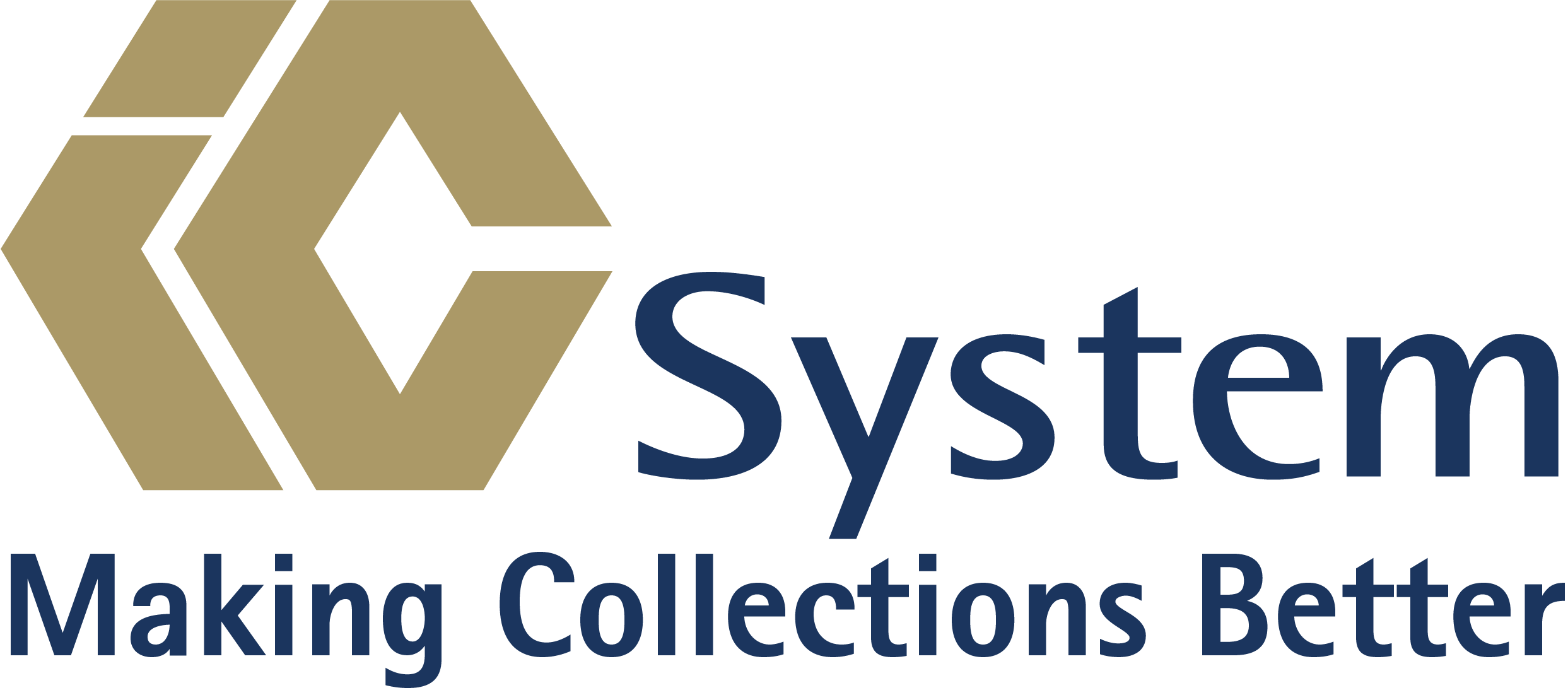Solving the Unique AR Challenges of For-Profit Colleges

For-profit colleges face unique challenges in managing their accounts receivables, which are crucial to their financial health. This blog details some of the AR challenges of for-profit educational institutions and offers potential debt collection solutions for for-profit colleges looking to improve their recoveries.
Unlike traditional colleges, for-profits typically cater to a student population that is more likely to have financial difficulty. Some students may struggle with financial instability, making timely tuition payments challenging. According to a recent Public Agenda report, for-profit college students are more likely to borrow to pay their tuition, often from nonfederal sources, which tend to have less favorable terms and conditions, making repayment more challenging.
Moreover, the for-profit college sector often faces higher student turnover rates compared to non-profit or public institutions. Students may drop out or transfer to other schools, impacting the consistency of cash flow and complicating the collection of outstanding payments. This constant flux in enrollment necessitates a more agile approach to managing accounts receivables. Delays in sending payment reminders could mean higher volumes of unpaid accounts.
Additionally, for-profit colleges frequently offer various payment options, financial aid packages, and flexible enrollment schedules to attract students. While these features aim to accommodate a broader range of learners, they also contribute to increased complexity in managing accounts receivables. The diverse payment plans and financial aid structures can lead to administrative challenges in tracking, reconciling, and collecting payments effectively.
Additionally, staffing shortages may affect how well the student body can get answers about repayment options. These problems exist for many for-profit colleges; addressing them is crucial for maintaining financial stability and sustaining the institution’s ability to provide quality education.
Fortunately, for-profit colleges’ AR concerns can be offloaded to an experienced third-party debt collection agency. Working with a partner compliant with federal and state regulations regarding payment schedules and debt collection practices is critical. Failure to comply with these regulations can result in legal repercussions or delays in revenue recovery, impacting the institution’s reputation and financial stability.
Moreover, a collection agency can deploy so-called soft tactics, including initial repayment reminder letters and consumer-friendly collection calls, that function in a more consultative way than traditional collection activities, which will preserve a positive relationship between the student and their educational institution.
To explore how IC System can serve your for-profit college’s collection needs, visit our Programs & Pricing page.
About the Author: Eric Johannes








